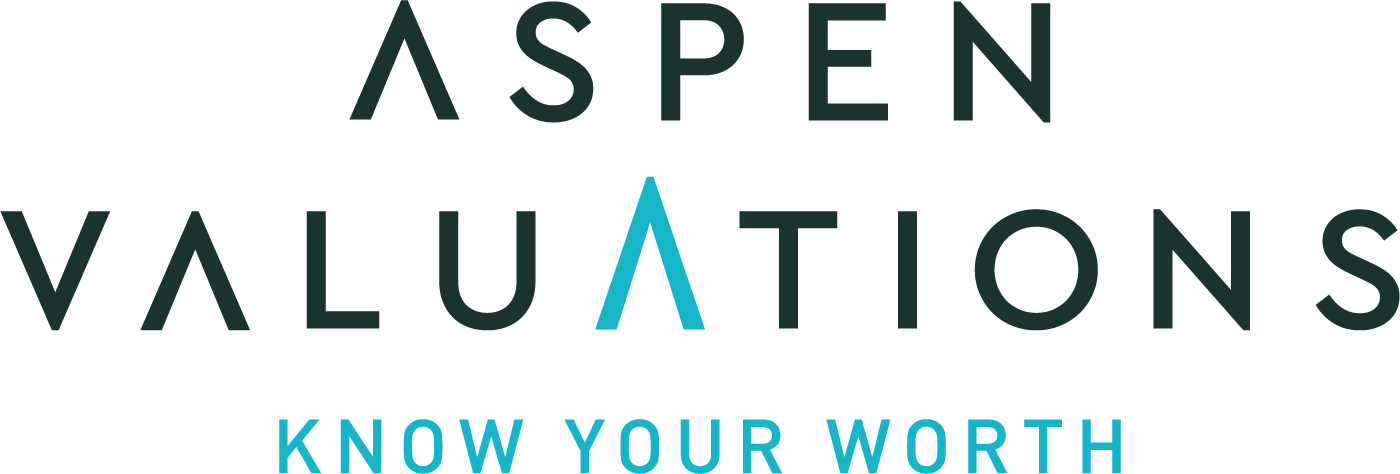Retaining a joint expert for business valuation: A guide for shareholders and business owners
2 min read.
When a shareholder buyout or a divorce involving a business owner is on the horizon, establishing the fair market value of the business becomes a vital step. One way to achieve a mutually acceptable valuation is by retaining a joint expert, who can provide an unbiased opinion of the business’s worth. This blog post aims to guide shareholders of private companies and business owners in divorce proceedings through the process of hiring a joint expert for business valuation.
1. Understand the need for a joint expert
A joint expert provides an independent and impartial valuation, reducing the chances of disputes and litigation. The advantages of using a joint expert include:
- Saving time and money by avoiding multiple appraisals
- Reducing the potential for biased or adversarial valuations
- Streamlining negotiations by providing a common ground
2. Establish clear objectives
Before hiring a joint expert, shareholders or business owners should agree upon the purpose and scope of the valuation. This may include:
- Identifying the specific reason for the valuation (shareholder buyout, divorce settlement, etc.)
- Determining the appropriate valuation standard (fair market value, fair value, etc.)
- Agreeing on the relevant valuation date
3. Select the right expert
When choosing a joint expert, consider the following factors:
- Qualifications and experience: Seek a professional with a strong background in business valuation and relevant industry experience. Look for certifications such as the Accredited Senior Appraiser (ASA), Accredited in Business Valuation (CPA/ABV), etc.
- Reputation and credibility: Conduct research on the expert’s reputation, and seek referrals from trusted sources, such as lawyers, accountants, or other professionals.
- Objectivity and independence: The expert should have no conflicts of interest, and their primary responsibility should be to provide an unbiased and independent valuation.
4. Define the engagement terms
Once a joint expert is chosen, a formal engagement letter should outline the terms of the agreement. This should include:
- The scope of the valuation
- The valuation methodology
- The valuation standard
- The timeline for completing the valuation
- The fees and payment terms
5. Facilitate communication and cooperation
Encourage open communication between all parties, including the joint expert, the shareholders, and any legal or financial advisors. This can help to:
- Clarify expectations
- Identify and resolve potential issues early in the process
- Promote a cooperative and transparent environment
6. Review the valuation report
Upon completion of the valuation, the joint expert will provide a detailed report. All parties should thoroughly review the report and discuss any concerns or questions with the expert.
Retaining a joint expert for business valuation can be an effective way to obtain an unbiased opinion of a business’s worth in situations like shareholder buyouts or divorce proceedings. By understanding the process, selecting the right expert, and fostering open communication, shareholders and business owners can ensure a fair and transparent valuation process that benefits everyone involved.

